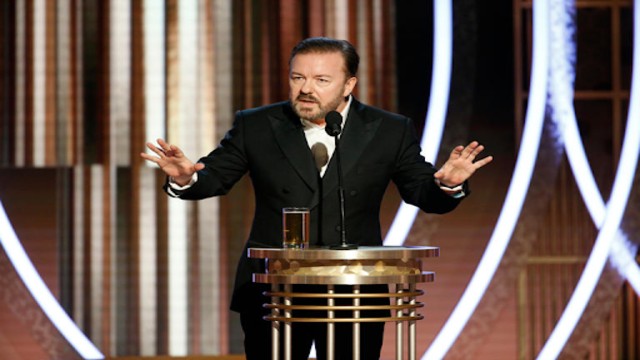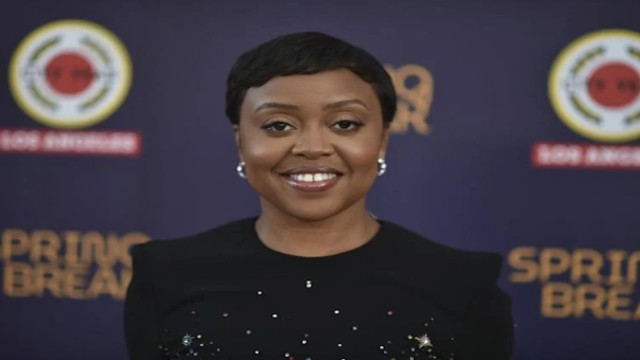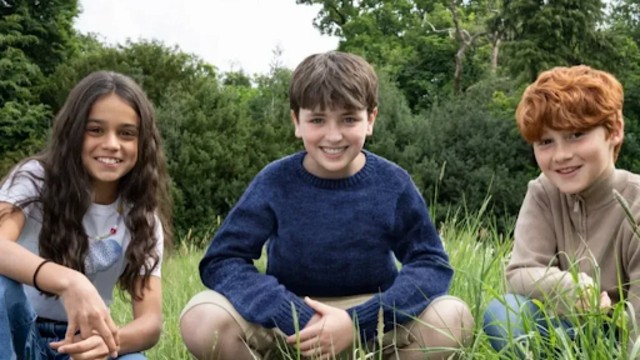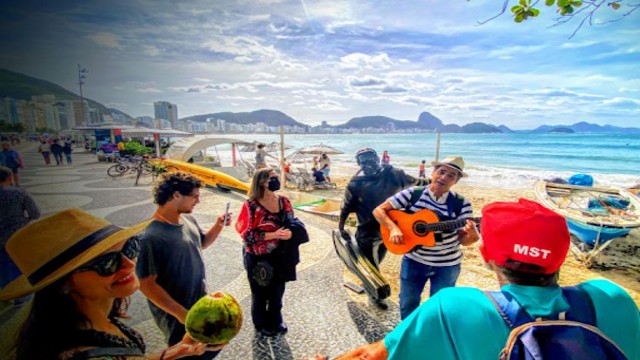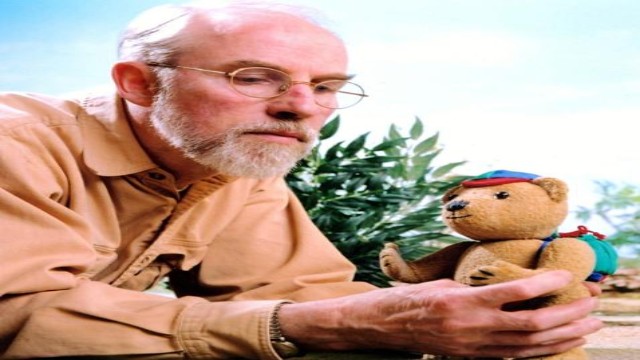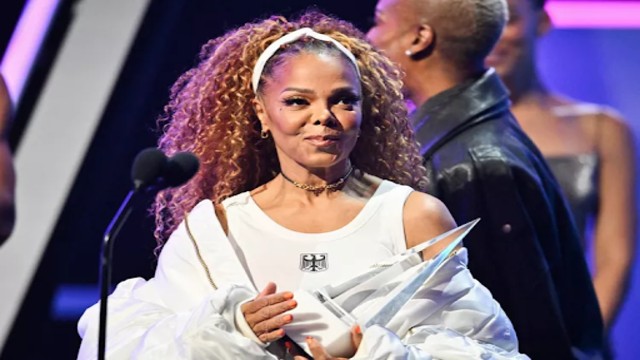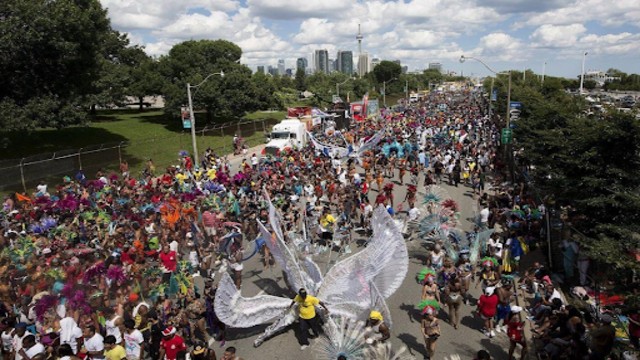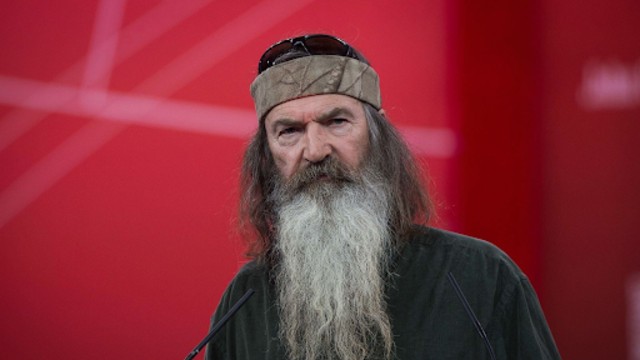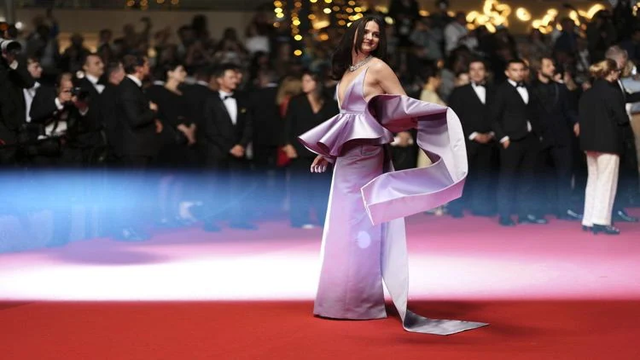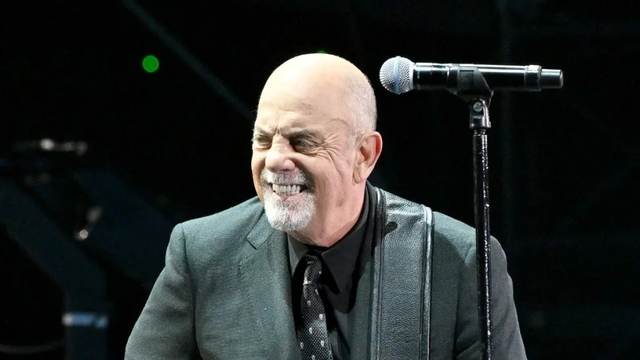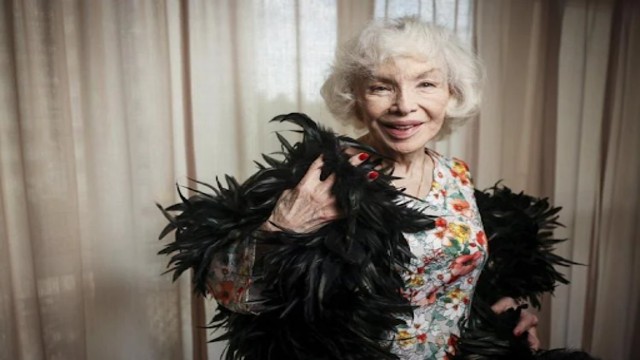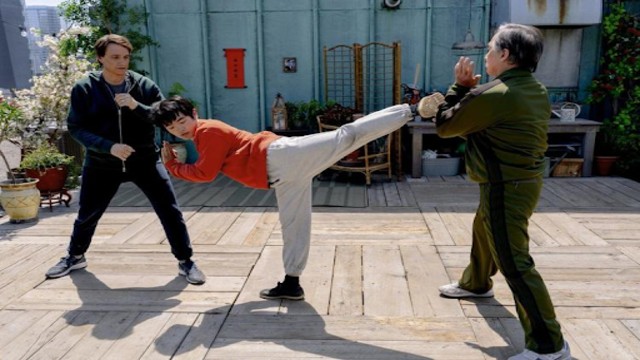
From left, Ralph Macchio, Ben Wang and Jackie Chan in a scene from ‘Karate Kid: Legends’. Image by Sony Pictures/AP Photo
When Ben Wang landed the lead role in Karate Kid: Legends, he didn’t immediately realize he was making history. It took a moment for the weight of it to sink in—he would be the franchise’s first Asian American “Kid.” That realization filled him with both pride and hope.
“At first, I didn’t even think about that,” Wang shared. “But now it feels like a true privilege.”
The film, releasing Friday, brings together fan favourites Ralph Macchio as Daniel LaRusso and Jackie Chan as Mr. Han. This time, their mission is to mentor Wang’s character, Li Fong, as he battles for victory in a high-stakes New York karate tournament.
Rewriting the Rules of Representation
For decades, The Karate Kid franchise has entertained audiences, but often sidelined Asian and Asian American leads. The original 1984 film, set in California’s San Fernando Valley, featured Pat Morita as Mr. Miyagi—its only main Asian American character.
Jeff Yang, author of The Golden Screen: The Movies That Made Asian America, pointed out how the franchise has long walked a fine line. While enjoyable, its recurring trope—an ancient martial arts master passing knowledge to a non-Asian student—felt bittersweet to many.
“It always felt like a guilty pleasure,” Yang explained. “Asian characters were either mentors, sidekicks, or villains—never the hero.”
Even the popular spin-off series Cobra Kai didn’t offer many lead roles to young Asian American actors. For fans like Yang, that omission was hard to ignore.
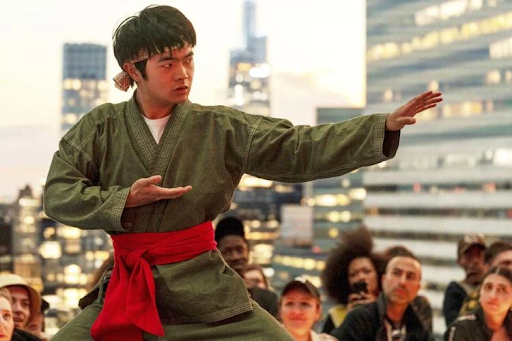
A Full-Circle Moment for Martial Arts Cinema
Asian cinema has long celebrated martial arts legends like Bruce Lee, Jackie Chan, and Jet Li. But in Hollywood, Asian actors were often sidelined in favour of white leads learning their craft.
This made The Karate Kid a cultural phenomenon in 1984. Martial arts schools in the U.S. saw a surge in enrollment. Grandmaster Ken Nagayama recalls the buzz clearly—young people of all backgrounds wanted to train.
Steven Ho, a martial artist and stunt coordinator, was one of many inspired by Morita’s role. He never questioned the lack of Asian representation as a kid. “To me, Morita was the lead,” Ho said.
Now, watching Wang step into the spotlight feels like progress. Especially since Jackie Chan, a longtime hero, plays one of Wang’s on-screen mentors.
“He’s the real deal,” Wang said of Chan. “He’s the same on and off the set.”
Inspiring a New Generation
For martial artist Steven Ho, Legends signals a positive shift. His 12-year-old twin sons, known as the “Twinjas,” are growing up in a different world—one with more Asian representation and fewer negative stereotypes.
These real-life karate kids have appeared on America’s Got Talent and even trained celebrities. They admire the drama of Cobra Kai and can’t wait to see Legends, especially to watch Chan in action.
Ollie, one of the twins, says he prefers the teacher role. “Being a sensei feels more powerful than being a student,” he said. His brother Jonny added, “It’s important when Asian actors lead. Like Simu Liu in Shang-Chi—it’s meaningful.”
The duo are even writing a children’s book with martial arts themes, and they dream of acting opportunities.
The Next Karate Kid
For Ben Wang, knowing that kids might see him as a role model is powerful.
“It’s a point of pride,” he said. “What I love about Karate Kid is that it tells you—anyone can be the hero.”


